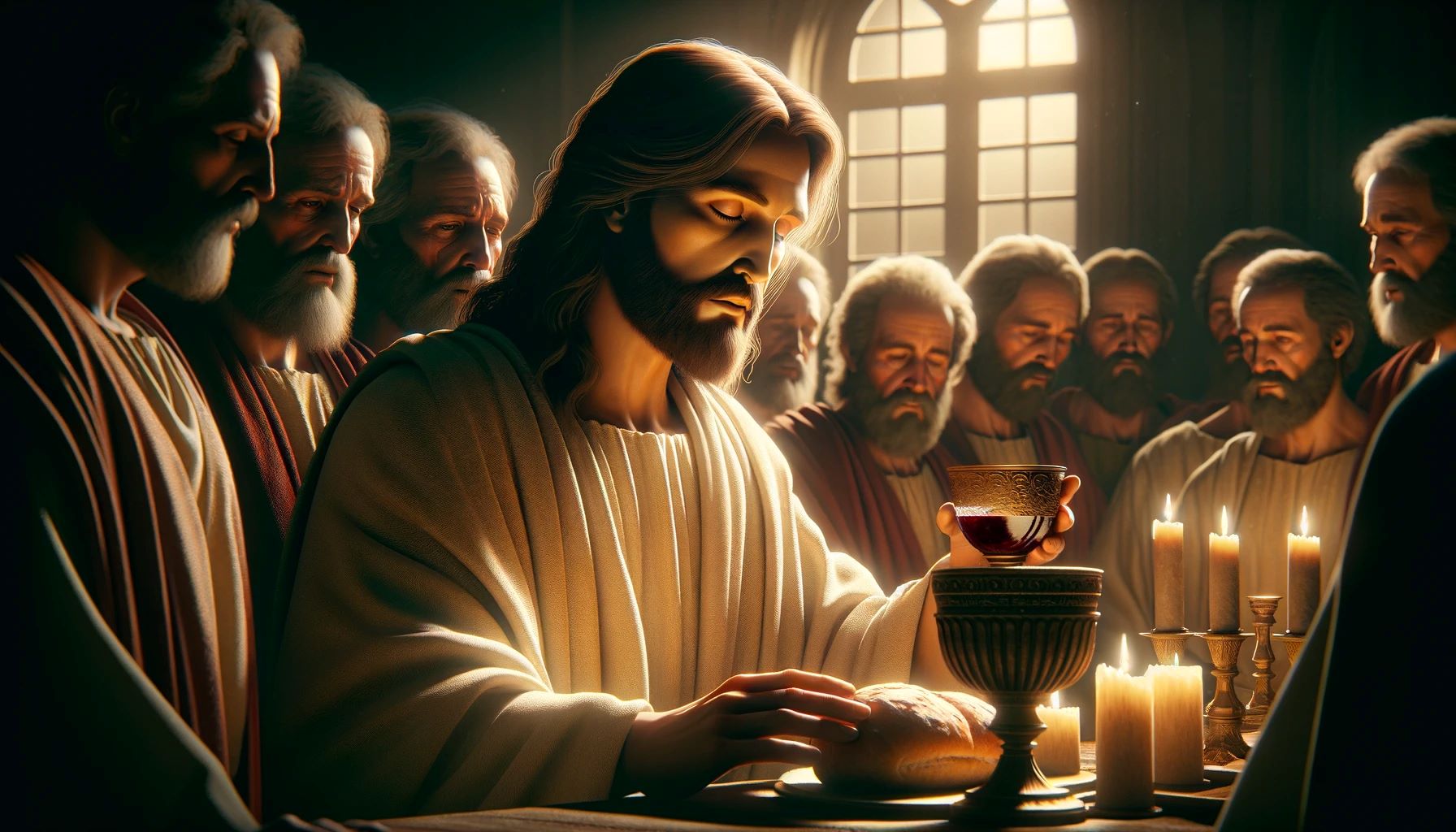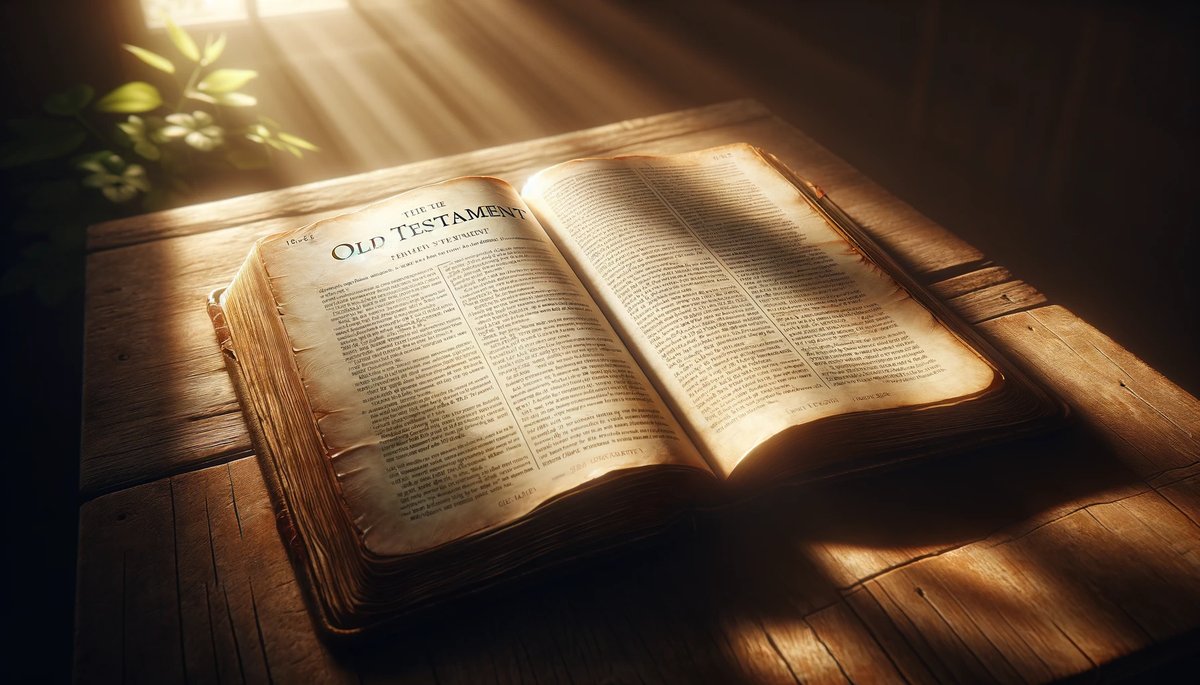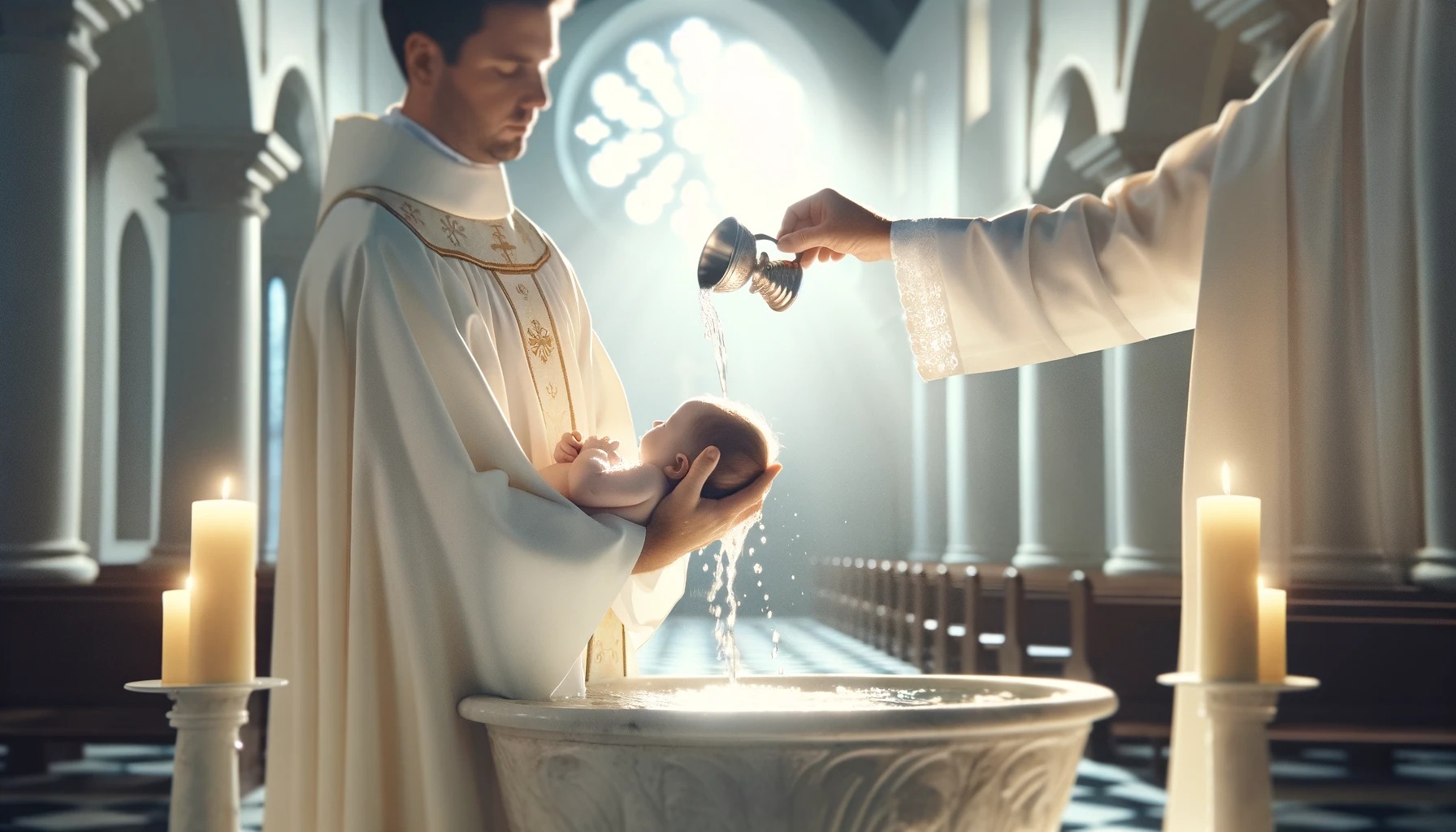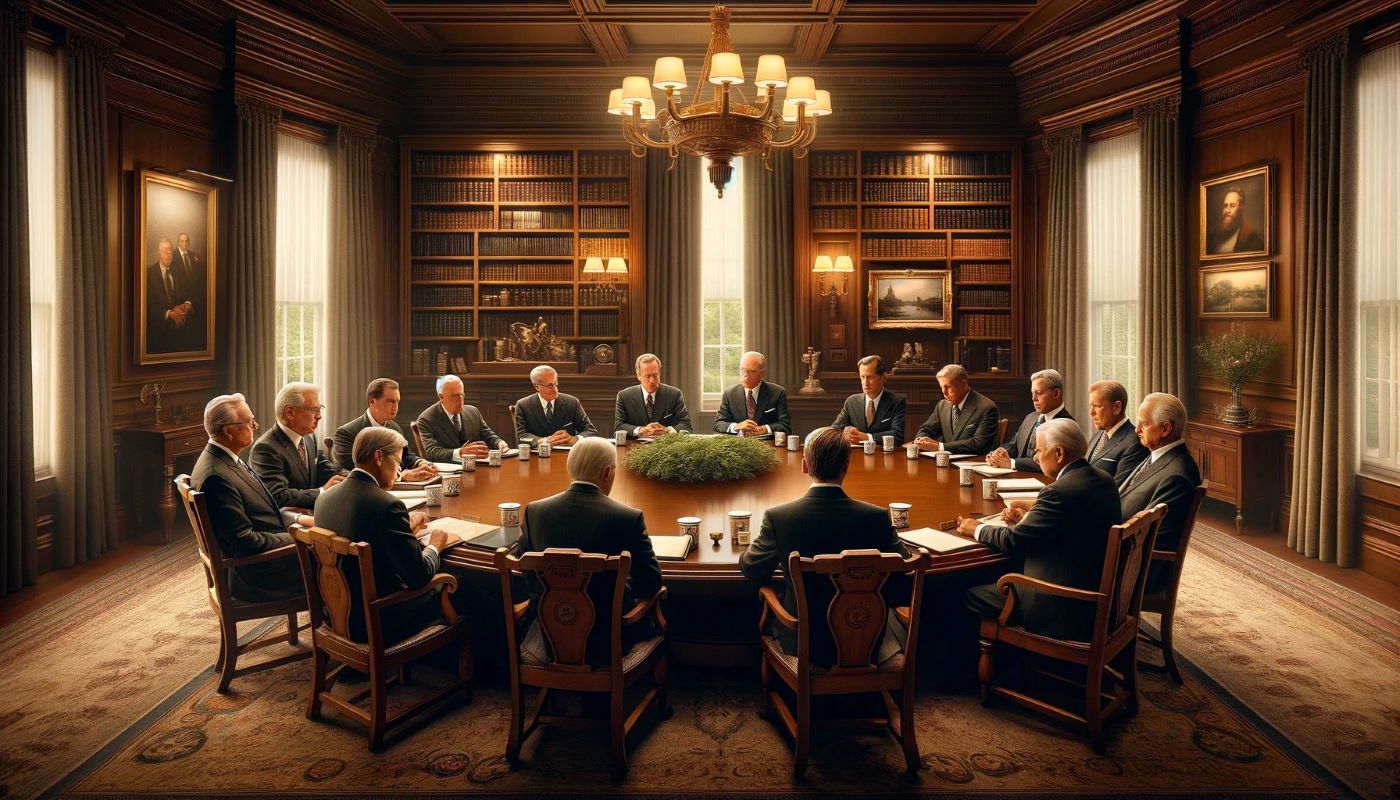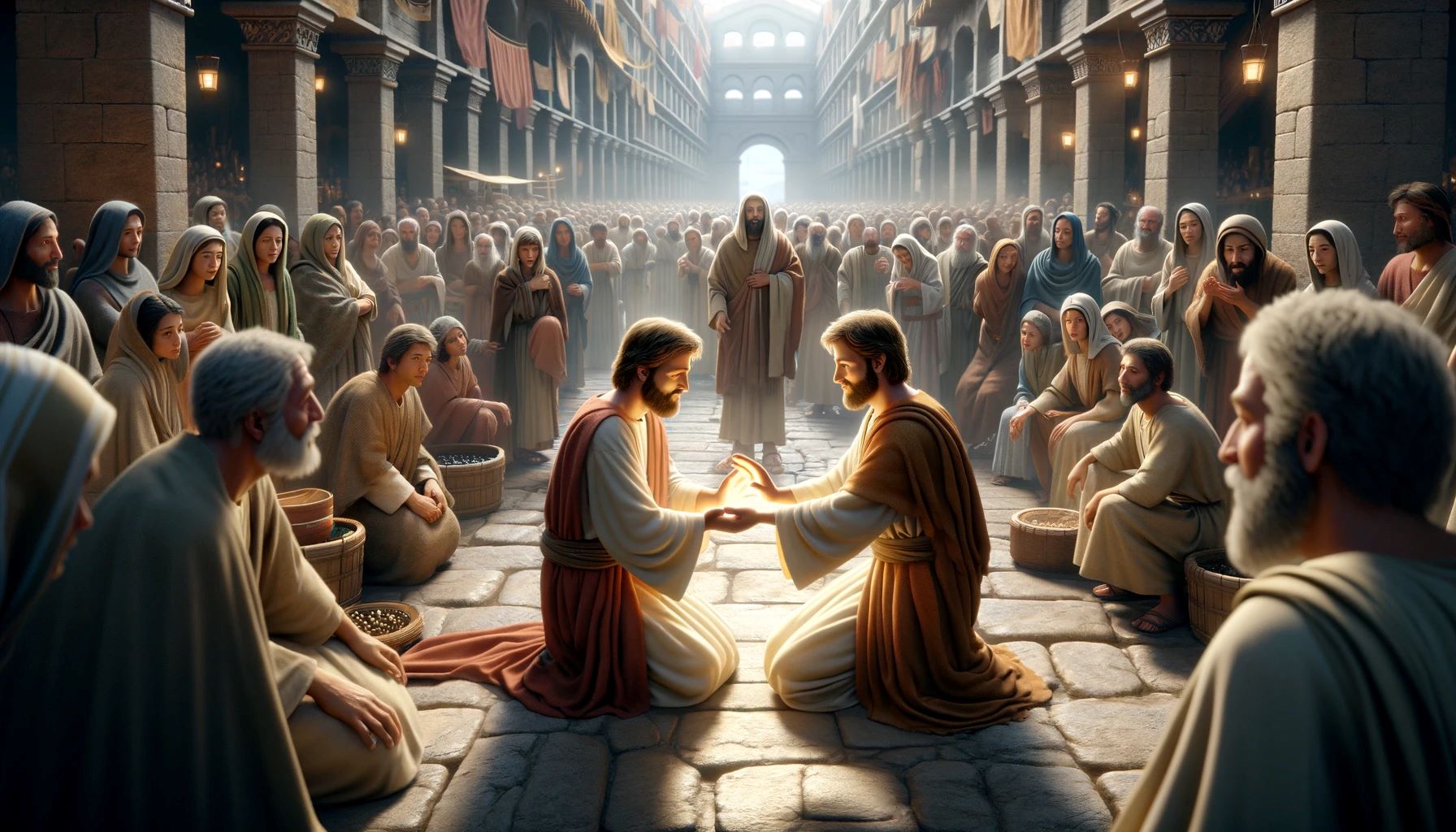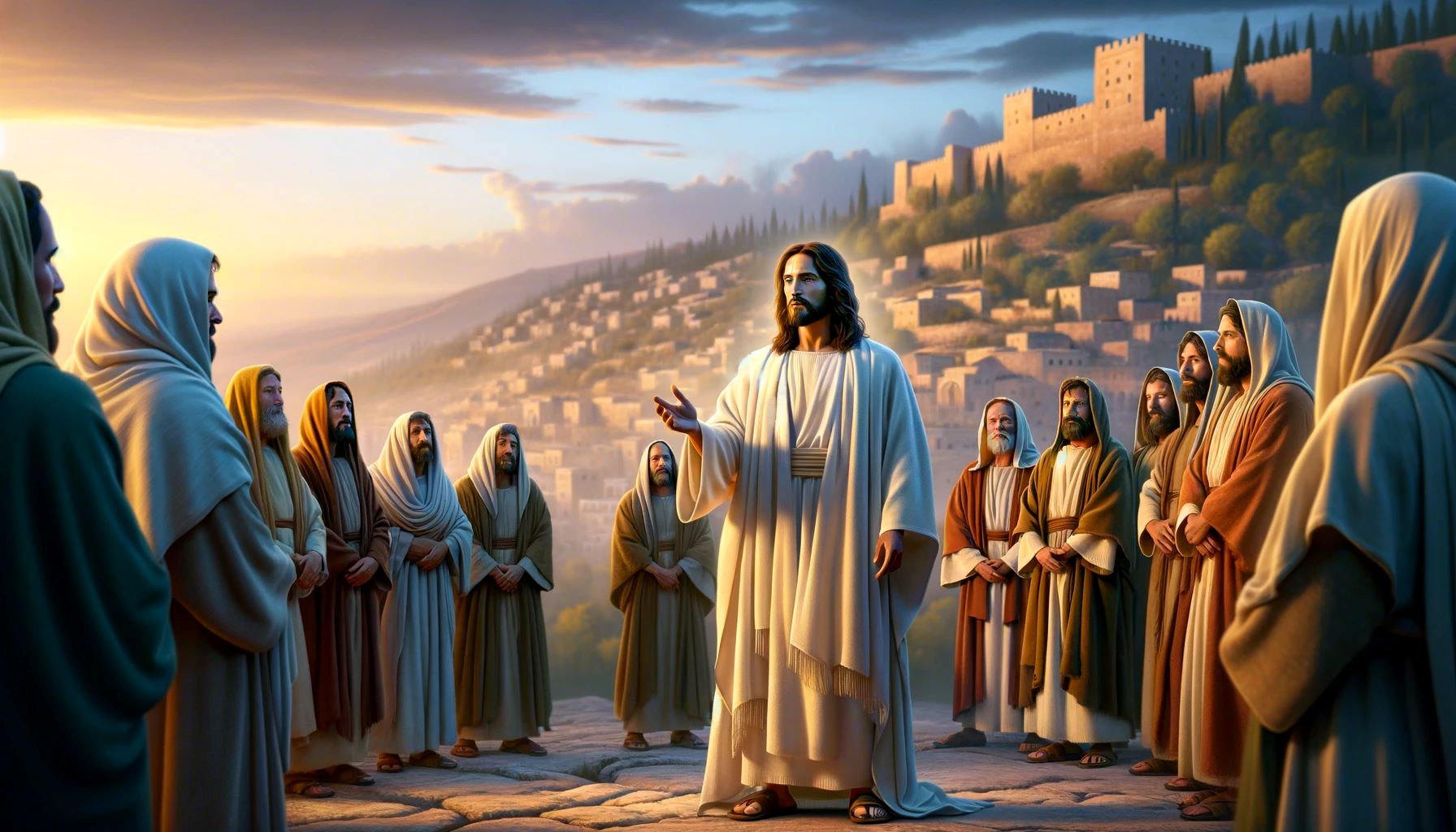Home>Theology and Spirituality>What Kennedy Said To Appease Fears Of His Catholicism In The Presidency
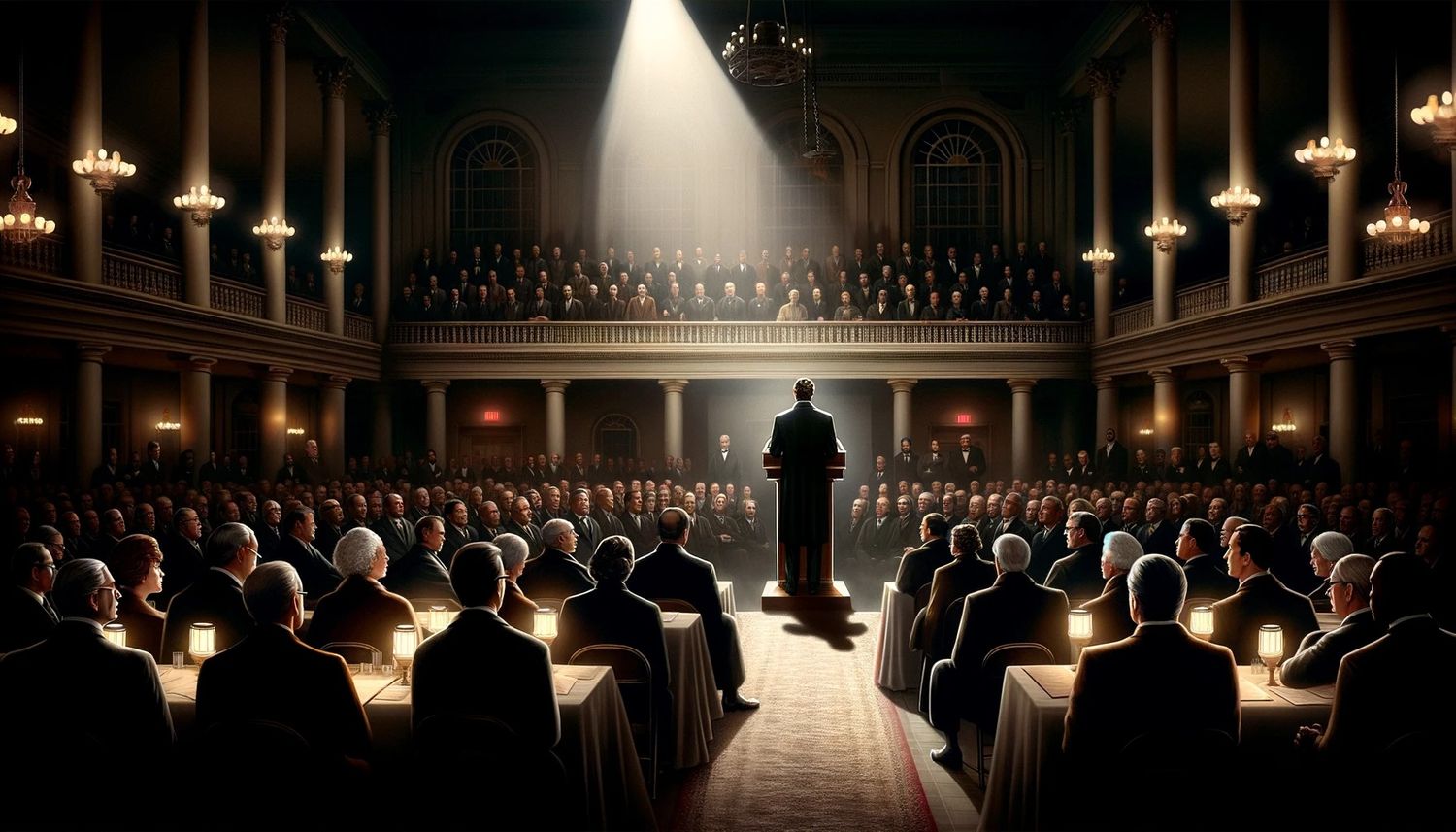

Theology and Spirituality
What Kennedy Said To Appease Fears Of His Catholicism In The Presidency
Published: February 16, 2024
Ericka Andersen, an editor at Christian.net, expertly merges digital strategy with content creation, focusing on faith and societal issues. Her communication skills enhance the platform's engaging narratives, fostering meaningful dialogue on belief's impact on society.
Discover how Kennedy addressed concerns about his Catholic faith during his presidency. Explore the intersection of theology and spirituality in his approach to governance.
(Many of the links in this article redirect to a specific reviewed product. Your purchase of these products through affiliate links helps to generate commission for Christian.net, at no extra cost. Learn more)
Table of Contents
Introduction
When John F. Kennedy embarked on his presidential campaign in 1960, he faced a unique challenge that set him apart from his predecessors. Kennedy was a Roman Catholic, and his faith became a focal point of concern for many Americans. The prospect of a Catholic president raised apprehensions about the potential influence of the Vatican on American governance and policies. In the midst of these concerns, Kennedy delivered a pivotal speech to the Greater Houston Ministerial Association on September 12, 1960. This address not only aimed to assuage fears about his Catholicism but also sought to reaffirm his commitment to the principles of religious freedom and the separation of church and state.
Kennedy's speech at the Greater Houston Ministerial Association stands as a testament to his unwavering dedication to upholding the values enshrined in the United States Constitution. It was a defining moment that showcased his ability to address contentious issues with eloquence and conviction. By delving into the intricacies of this historic address, we gain insight into Kennedy's strategic approach to confronting religious bias and his unwavering determination to unite a nation divided by apprehensions and skepticism. This speech not only shaped the trajectory of Kennedy's presidential campaign but also left an indelible mark on the broader narrative of religious tolerance and political leadership in the United States.
As we delve into the nuances of Kennedy's address to the Greater Houston Ministerial Association, we uncover the essence of his message and the profound impact it had on reshaping public perceptions of his candidacy. This pivotal moment in American history serves as a testament to the power of effective communication and the enduring significance of addressing societal concerns with empathy and clarity. Kennedy's speech transcended the confines of a mere political address; it resonated as a poignant testament to the enduring values of religious freedom, constitutional integrity, and the unyielding spirit of a leader poised to navigate the complexities of a nation in transition.
Read more: What Mysteries Are Said During Lent?
Kennedy's Speech to the Greater Houston Ministerial Association
In his address to the Greater Houston Ministerial Association on September 12, 1960, John F. Kennedy confronted the pervasive concerns surrounding his Catholic faith and its potential implications for his presidency. Recognizing the need to assuage the fears and reservations of the American public, Kennedy embarked on a poignant and resolute articulation of his unwavering commitment to the principles of religious freedom and the separation of church and state. His speech was a masterful display of empathy, conviction, and strategic communication, aimed at dispelling apprehensions and unifying a nation divided by religious bias.
Kennedy's address was a testament to his astute understanding of the prevailing sentiments and apprehensions among the electorate. He acknowledged the significance of the moment, recognizing that his words carried the weight of dispelling deeply entrenched concerns about the potential influence of his Catholicism on his governance. With eloquence and sincerity, Kennedy articulated his vision for a presidency that transcended religious affiliations, emphasizing the paramount importance of upholding the constitutional tenets of religious freedom and the autonomy of the state from religious interference.
The speech at the Greater Houston Ministerial Association served as a platform for Kennedy to assert his unwavering allegiance to the Constitution and his unequivocal dedication to the fundamental principles of American democracy. By addressing the concerns head-on and articulating a compelling narrative of inclusivity and constitutional fidelity, Kennedy demonstrated his capacity to navigate contentious issues with grace and determination. His words resonated as a testament to the transformative power of effective communication, transcending the confines of a mere political address to embody a profound reaffirmation of the enduring values that underpin the fabric of American society.
Kennedy's speech to the Greater Houston Ministerial Association stands as a defining moment in his presidential campaign, marking a pivotal juncture in the narrative of religious tolerance and political leadership in the United States. It exemplified his ability to confront adversity with resilience and to articulate a vision that transcended the boundaries of religious divisions. Through this address, Kennedy not only sought to assuage fears but also to ignite a sense of unity and common purpose, laying the groundwork for a presidency that would be defined by its unwavering commitment to the ideals of liberty, equality, and constitutional integrity.
Addressing Concerns about Separation of Church and State
In his address to the Greater Houston Ministerial Association, John F. Kennedy astutely navigated the intricate concerns surrounding the separation of church and state, a cornerstone of American governance. Recognizing the apprehensions stemming from his Catholic faith, Kennedy embarked on a resolute articulation of his unwavering commitment to upholding this fundamental principle. With eloquence and conviction, he emphasized the imperative of maintaining a clear demarcation between religious institutions and the mechanisms of state governance.
Kennedy's address served as a poignant reaffirmation of his dedication to preserving the autonomy of the state from religious interference, a principle enshrined in the First Amendment of the United States Constitution. He articulated a compelling narrative that underscored his unwavering allegiance to the constitutional precepts of religious freedom and the imperative of safeguarding the integrity of governmental institutions from religious influence.
By addressing concerns about the separation of church and state with clarity and empathy, Kennedy demonstrated his profound understanding of the foundational principles that underpin the American democratic framework. His words resonated as a testament to his commitment to fostering an inclusive society where religious pluralism coexisted harmoniously with the mechanisms of governance, devoid of undue influence or bias.
Kennedy's strategic articulation of the principles of separation of church and state not only sought to assuage immediate concerns but also laid the groundwork for a presidency rooted in the unwavering defense of constitutional integrity. His address transcended the confines of a mere political speech, emerging as a resounding reaffirmation of the enduring values that define the essence of American democracy.
In confronting the concerns about the separation of church and state, Kennedy exhibited a profound sense of statesmanship, articulating a vision that resonated with the foundational aspirations of the nation's founding fathers. His address stands as a testament to his capacity to navigate complex and contentious issues with grace and determination, setting the stage for a presidency that would be defined by its steadfast commitment to upholding the constitutional principles that form the bedrock of American governance.
Emphasizing His Commitment to the Constitution
In his address to the Greater Houston Ministerial Association, John F. Kennedy embarked on a resolute articulation of his unwavering commitment to the principles enshrined in the United States Constitution. Recognizing the imperative of addressing concerns about the potential influence of his Catholic faith on his governance, Kennedy strategically emphasized his allegiance to the constitutional framework that forms the bedrock of American democracy.
With eloquence and conviction, Kennedy underscored the paramount importance of upholding the constitutional tenets of religious freedom, the separation of church and state, and the autonomy of governmental institutions from religious interference. His strategic emphasis on the Constitution served as a poignant reaffirmation of his unwavering dedication to the fundamental principles that define the essence of American governance.
By articulating his commitment to the Constitution with clarity and empathy, Kennedy demonstrated his profound understanding of the foundational values that underpin the fabric of American society. His words resonated as a testament to his unwavering resolve to lead with integrity, guided by the enduring principles enshrined in the nation's founding document.
Kennedy's strategic emphasis on the Constitution not only sought to assuage immediate concerns but also laid the groundwork for a presidency rooted in the unwavering defense of constitutional integrity. His address transcended the confines of a mere political speech, emerging as a resounding reaffirmation of the enduring values that define the essence of American democracy.
In emphasizing his commitment to the Constitution, Kennedy exhibited a profound sense of statesmanship, articulating a vision that resonated with the foundational aspirations of the nation's founding fathers. His unwavering dedication to upholding the constitutional principles that safeguard the liberties and rights of all citizens served as a testament to his capacity to navigate complex and contentious issues with grace and determination, setting the stage for a presidency that would be defined by its steadfast commitment to the enduring values of liberty, equality, and constitutional integrity.
Reassuring the American Public about His Loyalty to the Country
In his address to the Greater Houston Ministerial Association, John F. Kennedy embarked on a poignant endeavor to reassure the American public about his unwavering loyalty to the country. Recognizing the prevailing apprehensions and skepticism surrounding the potential influence of his Catholic faith on his allegiance to the nation, Kennedy articulated a resolute narrative that underscored his profound commitment to the welfare and prosperity of the United States.
With eloquence and sincerity, Kennedy emphasized that his devotion to the country transcended religious affiliations, echoing a sentiment deeply ingrained in the ethos of American patriotism. He fervently expressed his unwavering dedication to upholding the values and principles that define the essence of the nation, irrespective of religious background. By articulating his profound loyalty to the country, Kennedy sought to dispel any lingering doubts about his capacity to lead with integrity and dedication, guided by the enduring aspirations of the American people.
Kennedy's strategic emphasis on his loyalty to the country served as a testament to his profound sense of statesmanship and his unwavering commitment to fostering a sense of unity and common purpose among the American populace. His words resonated as a poignant reaffirmation of his steadfast dedication to advancing the interests of the nation, transcending the confines of religious divisions and apprehensions.
In reassuring the American public about his loyalty to the country, Kennedy exhibited a profound understanding of the significance of fostering a cohesive national identity, one that transcended religious affiliations and ideological differences. His resolute articulation of his unwavering allegiance to the nation set the stage for a presidency defined by its unwavering commitment to the collective welfare and prosperity of all citizens, irrespective of religious background.
Through his address, Kennedy not only sought to allay fears but also to ignite a sense of unity and common purpose, laying the groundwork for a presidency that would be defined by its unwavering dedication to the enduring values of liberty, equality, and national unity.
Read more: What Did Jesus Said About John The Baptist
Conclusion
In conclusion, John F. Kennedy's speech to the Greater Houston Ministerial Association stands as a pivotal moment in American history, encapsulating the essence of his unwavering commitment to the principles of religious freedom, constitutional integrity, and national unity. Through his poignant address, Kennedy adeptly navigated the pervasive concerns surrounding his Catholic faith, addressing them with empathy, clarity, and resolute conviction.
Kennedy's strategic articulation of his dedication to upholding the constitutional principles of religious freedom and the separation of church and state served as a testament to his profound understanding of the foundational values that underpin the fabric of American society. His unwavering commitment to fostering an inclusive and pluralistic society, devoid of religious bias or discrimination, resonated as a resounding reaffirmation of the enduring aspirations of the nation's founding fathers.
Moreover, Kennedy's emphasis on his loyalty to the country transcending religious affiliations underscored his profound sense of statesmanship and his unwavering dedication to advancing the interests of the nation as a whole. By reassuring the American public about his unwavering allegiance to the nation, Kennedy set the stage for a presidency defined by its steadfast commitment to the collective welfare and prosperity of all citizens, irrespective of religious background.
In essence, Kennedy's address to the Greater Houston Ministerial Association transcended the confines of a mere political speech, emerging as a poignant testament to the transformative power of effective communication and the enduring significance of addressing societal concerns with empathy and clarity. It served as a pivotal juncture in the narrative of religious tolerance and political leadership in the United States, leaving an indelible mark on the broader discourse of national unity and constitutional fidelity.
As we reflect on the profound impact of Kennedy's address, we are reminded of the enduring values that define the essence of American democracy – values of inclusivity, liberty, and equality. Kennedy's unwavering dedication to upholding these values not only shaped the trajectory of his presidential campaign but also left an indelible legacy, inspiring future generations to embrace the spirit of unity and resilience in the face of adversity.
In the annals of American history, Kennedy's speech to the Greater Houston Ministerial Association stands as a testament to the enduring power of leadership, empathy, and unwavering commitment to the ideals that define the essence of the nation. It serves as a poignant reminder of the transformative potential of effective communication in transcending divisions and fostering a society rooted in the enduring values of liberty, equality, and national unity.
